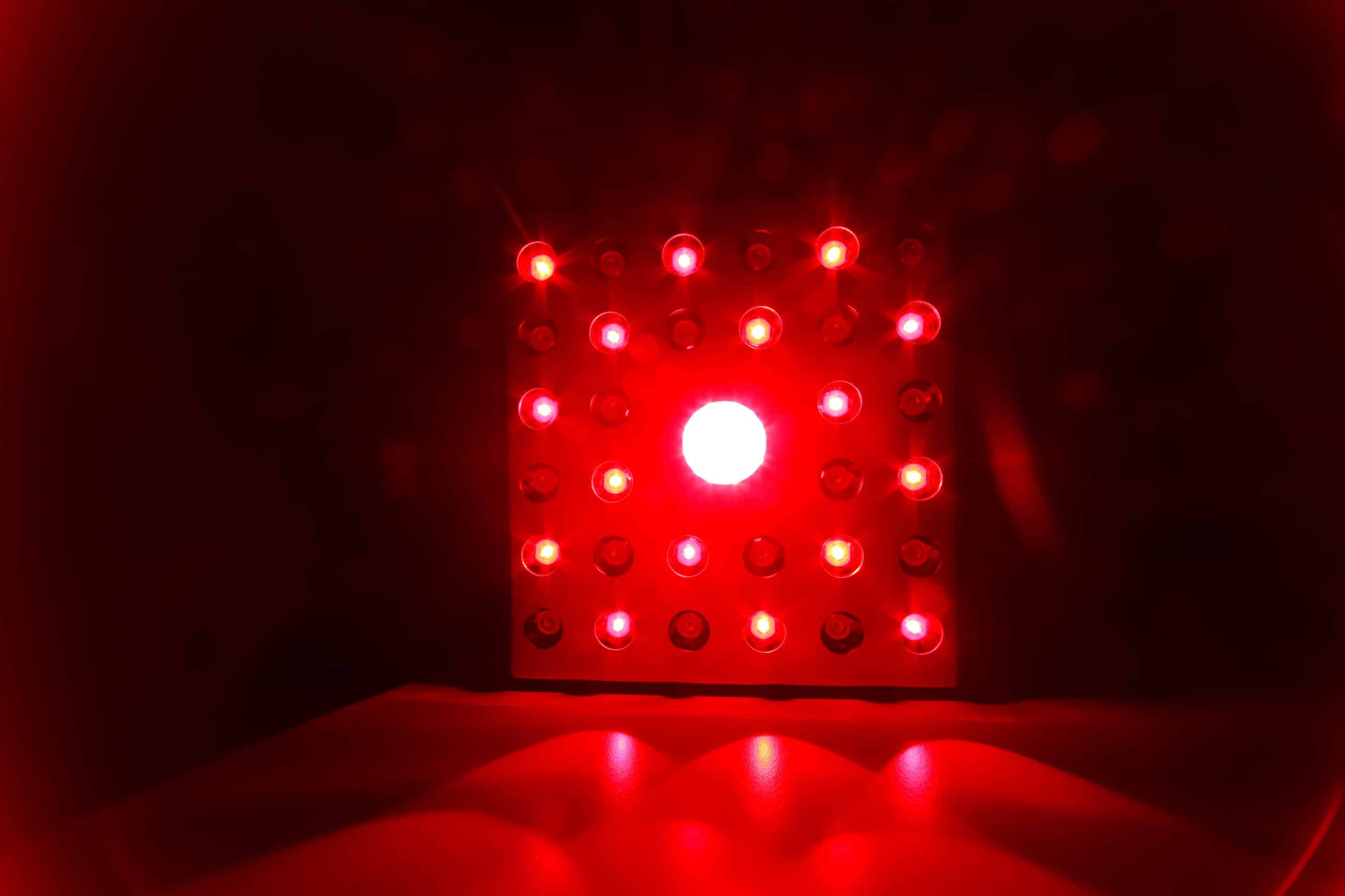We spend more than 30% of our lives asleep. Not only is it a vital necessity that allows our bodies to recharge for the next day ahead, but there are also numerous other reasons why our bodies need sleep. When we get lost in dreams, our bodies go to work to heal injuries, process information (turning short-term memories into long-term memories) and help us recharge for the day ahead.
When we fail to get adequate sleep regularly, we risk all kinds of health threats, including a heightened risk for cancer and other diseases like diabetes and heart disease. Chronic sleep deprivation also makes us dangerous on the roads. According to the CDC, being awake for at least 18 hours has the same impact on reaction times as having a blood content (BAC) of 0.05%.
How much sleep do you need?
The National Sleep Foundation says that adults need between 7 and 9 hours of sleep every night. But a lot is lost in the interpretation of that information. For example, most of us need 8 hours of sleep, but the science finds that some of us need 9. If you consistently get 8 hours of sleep but still feel tired, you might be one of the “lucky” ones who need more rest. These numbers also don’t mention that you need more sleep when you’re working out more than usual or under a lot of stress. So, if you’re training for a half-marathon or just experienced a traumatic event, you might need even more sleep. The most important thing is to listen to your body and give it the sleep it needs.
How to get more sleep:
Prioritizing your sleep schedule can do more for you than keep you healthy (though obviously, that’s a big priority for us). It can also give you sustained energy throughout the day, boost physical performance, and even help you regulate your weight.
Use these proven strategies to get your sleep schedule back on track.
Stop eating about 3 hours before bed
Late-night snacking is a guilty pleasure for many of us; however, studies show that eating right before bed can have detrimental effects. It can be tempting to down a pint of ice cream or some chips while you binge your favorite show at night, but this can spike your blood sugar levels and start the digestion process, making it harder to sleep. Also, if your body has to work to digest food while you sleep, it has less energy to heal injuries and consolidate important information.
Eating right before bed can also result in weight gain since these calories are stored as fat during sleep instead of being burnt during active daytime hours. In addition, it disrupts your body’s internal clock and can keep you feeling alert even after you hit the pillow.
Exercise 90 minutes (or more) before sleep
For years, we’ve known we should exercise at least 30 minutes a day for five days a week. But when you work out is almost as important as how long you work out. Exercising about 90 minutes before bed can improve sleep quality and contribute to deep, restorative sleep. This gives your endorphins enough time to quiet down and your body temperature enough time to return to a sleep-friendly level.
Of course, you should listen to your body. If you find that intense exercise keeps you awake at night, consider a light exercise routine before bed (think light aerobic exercise, walking, yoga, etc.). This can provide the advantages of exercise without raising your body temperature too much.
Have a nightly bedtime routine
A bedtime routine can be the key to a rejuvenating night’s sleep. A bedtime routine can include anything from a nighttime meditation to a warm bath or listening to a relaxing sound machine. Make it your goal to go to bed and wake up at the same time every day – yes, even on weekends. If you must sleep in on weekends (or go to bed later than usual), try to keep it within 90 minutes of your normal sleep and wake times. Any more than that, and it will be difficult for your body to bounce back on Monday evening.
As a big bonus, a consistent wake-up and sleep schedule is as healthy for your heart as it is for your mind. People whose sleep time varies by more than 90-minutes throughout the week have double the risk of cardiovascular disease.
On top of all this, it’s paramount to avoid blue light close to bedtime. Although blue light is beneficial during the day, given its ability to boost attention and mood, it can reduce the release of melatonin, a hormone that aids your sleep cycle.
As appealing as it may sound, you shouldn’t scroll through your phone before bed. You’re doing more harm than good. Social media will still be there in the morning!
When Should You Get Out of Bed If You Can’t Sleep?
Generally, the goal is to stay in bed, but if you’ve tossed and turned for 20 minutes, you might consider getting up and doing something low-stress like reading a book or listening to soothing music.
The trouble with lying in bed awake all night is that your brain begins to associate bed with sleeplessness, making it harder to fall asleep on subsequent nights. You condition your brain to stop thinking of your bedroom as a restful place.
How can parents help their kids sleep better?
It’s notoriously difficult to get kids to go to bed and stay there. Of course, this can affect their energy level the next day, but it can also (and tends to) affect yours.
A bedtime routine is one of the most important ways to encourage little ones to sleep. This may include singing a lullaby and turning on a white noise machine for babies. For toddlers and older children, forming an ordered routine such as brushing teeth, reading a bedtime story, and cuddling might help induce slumber.
Developing a positive association with sleep can also help kids fall asleep and stay there. Consider rewarding them if they sleep through the night and avoid demonstrating frustration if they wake up during the night.
Creating an environment conducive to sleep is essential. Steer clear of bright lights and screens before bed. If your child is afraid of the dark, get a fun nightlight. It’s vital that they feel safe as they’re falling asleep.
While napping is a must for most children, be mindful of the duration and time of the nap. Napping for too long or too close to bedtime can reduce the likelihood that a kid will be ready to sleep through the night.
The most important thing is to get the amount of high-quality sleep you need to feel rested, alert, and engaged with the rest of your life. Sleep is essential for health, memory consolidation, and happiness.
Do you find yourself tossing and turning regularly? Talk to your doctor about changes you can make to your daily schedule that might impact your sleep cycle.
The Impact of Sleep on your health (And How to Get More of it)



